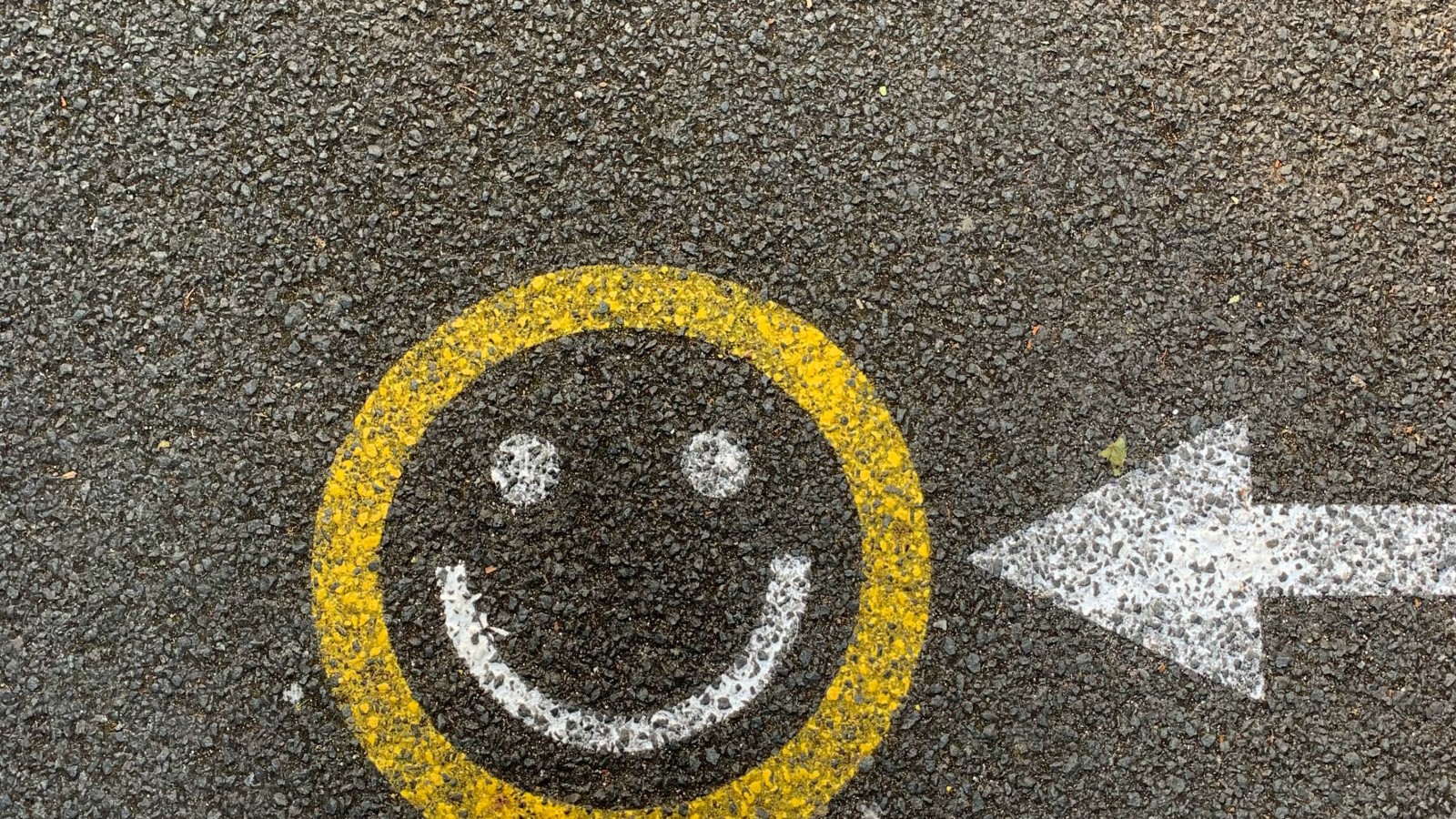Happiness is the holy grail of our times. Those who know me know that I am a big sucker for the “quest for happiness” plot, whether it is found in an autobiography or memoir, a self-development book, or a “rags to riches” movie. The statistics show that I’m not alone. The positive psychology has led to a boom in the “wellness” industry that provides services and products claiming to boost happiness and well-being. In 2018, according to the Global Wellness Institute, the wellness industry was valued at a whopping $4.5 trillion and 5.3% of global economic output. That is serious growth! Even so, all of the research, discussion, data collection, analysis (and ultimate monetization) of happiness has not led to its natural outcome: increased happiness. The World Health Organization places the United States among the top 5 most depressed countries in the world.
In the book “The Geography of Bliss”, NPR journalist Eric Weiner embarks upon a journey across the globe in search of the “happiest places in the world” and sheds light on some of the reasons why this may be true. One particular reason stood out to me: North Americans are a serious crowd. We take everything very seriously. We work at work, at home, and even recreational and leisure activities have become work. We have mastered scheduling, regimenting, documenting, and scrutinizing. If we choose to forgo this cycle, we come across as lazy, unproductive, or lacking in mindfulness. Ironically, even mindfulness meditation and self-care routines have become regimented to the point of causing stress!
More and more, we are opening our eyes to the reality that we live a lifestyle that is imbued with stress. Stress has become an internalized way of living, resulting in a constant sense of dissatisfaction that we can never quite peg down, and leading to eventual burnout. Years of social conditioning has made it extremely difficult to forfeit from the rat-race, even when we actively wish to do so. We have so deeply entrenched the belief that “inaction” means “unproductive”, which quickly translates in our minds to “inadequate”.
But this is not the case with all people everywhere, as Weiner reveals through his travel. In “The Geography of Bliss”, I was especially drawn to Weiner’s perspective on the Thai way of life. He described Thai lifestyle as one that laughs wholeheartedly, including at themselves. Work is not viewed the way North Americans view it. While North American culture has managed to make work even out of fun, Thai culture does the opposite – it finds the fun in work. In fact, it seems as though Thai culture infuses fun in everything they do, whether it is on the job or at home doing mundane tasks. It seems like a no-brainer, but when you’ve been so deeply conditioned to “work” and “achieve” and “do” for so long, having good and simple fun with everything you do does not come naturally, and (ironically) becomes yet another goal to achieve.
Culture is an integral part of defining our mindset and beliefs. And what defines culture is our core values. The American dream became a coveted ideal perhaps because, as a culture, we value material success and economic growth, both individually and socially. Who doesn’t value wealth? The difference may lie in the core values that other cultures emphasize – either alongside, or just above, material success. Bhutan, for example, measures its national success through Gross Domestic Happiness (GDH) instead of Gross Domestic Product (GDP). When you immerse yourself into another culture, when you recover from the initial “culture-shock”, experiencing a contrast in lifestyle, mindset, and their underlying core values may be refreshing and even appealing.
While there is much to commend (and question) for all cultures, perhaps the best thing we can do is gain perspective by taking the best from all cultures. There is a wealth of insight to gain from other ways of living and other value systems. While some may view diversity of language, dress, or thought as potential threats, the wiser, and arguably happier, welcome diverse cultures and core values as assets.
So the next time I dig into my pad thai (another reason to appreciate Thai culture), I’ll be sure to laugh at myself that day and have fun with the little things.


